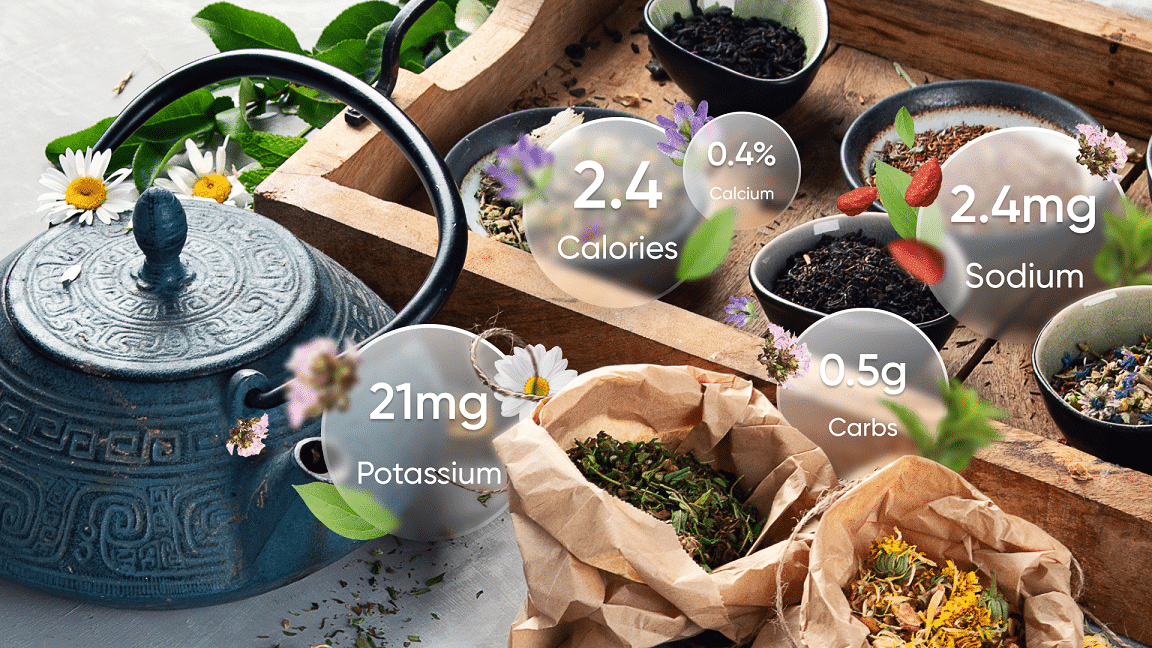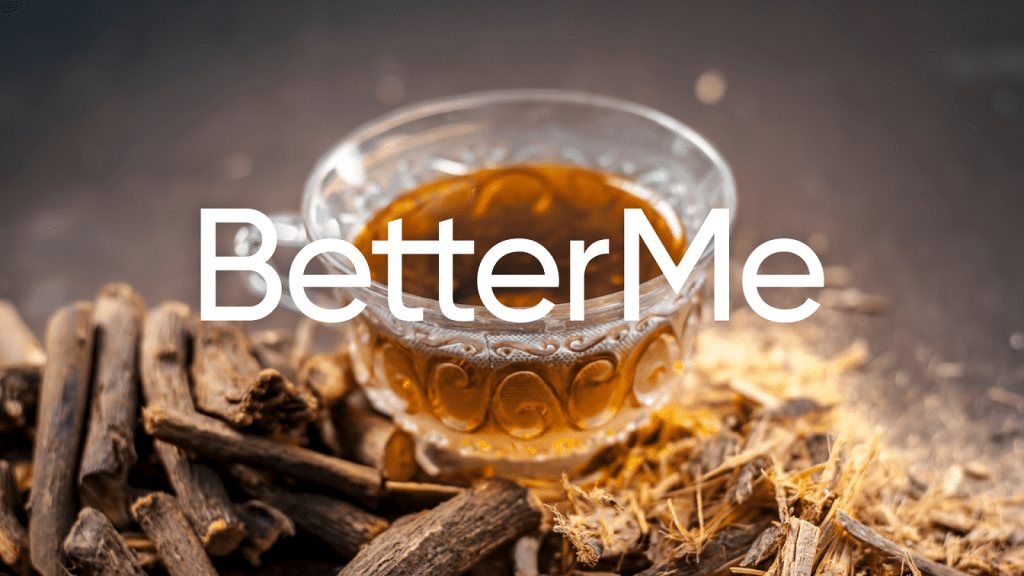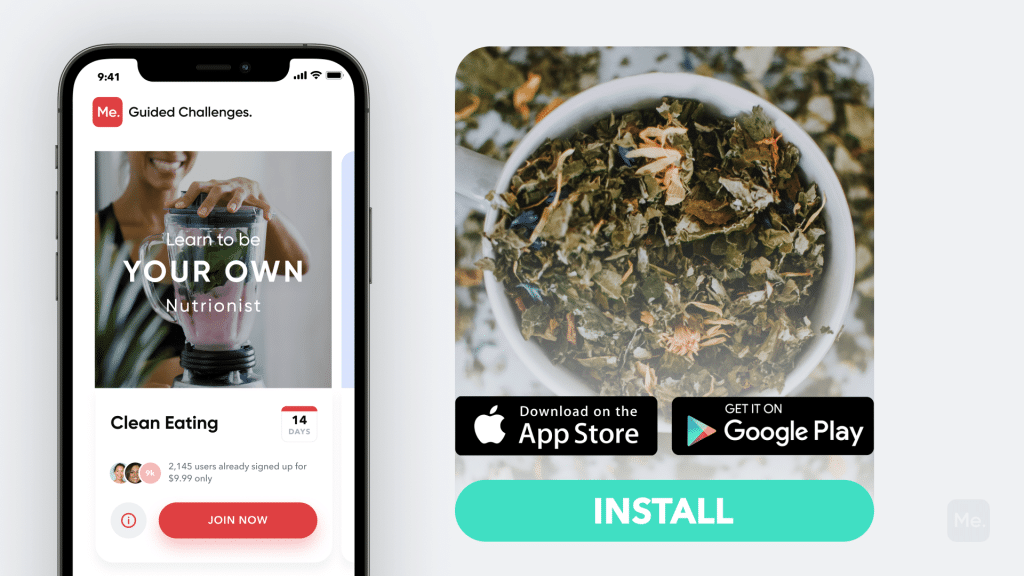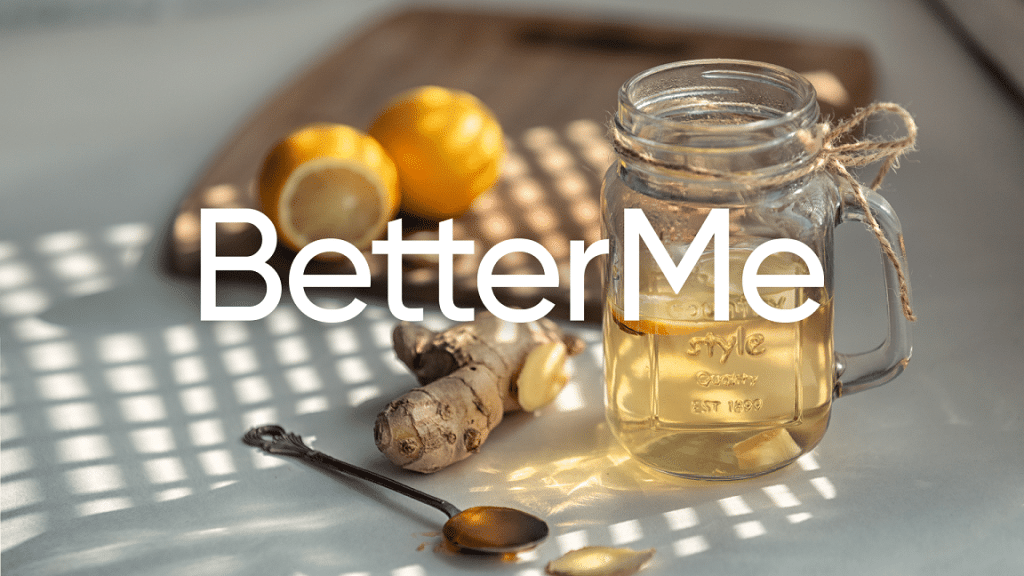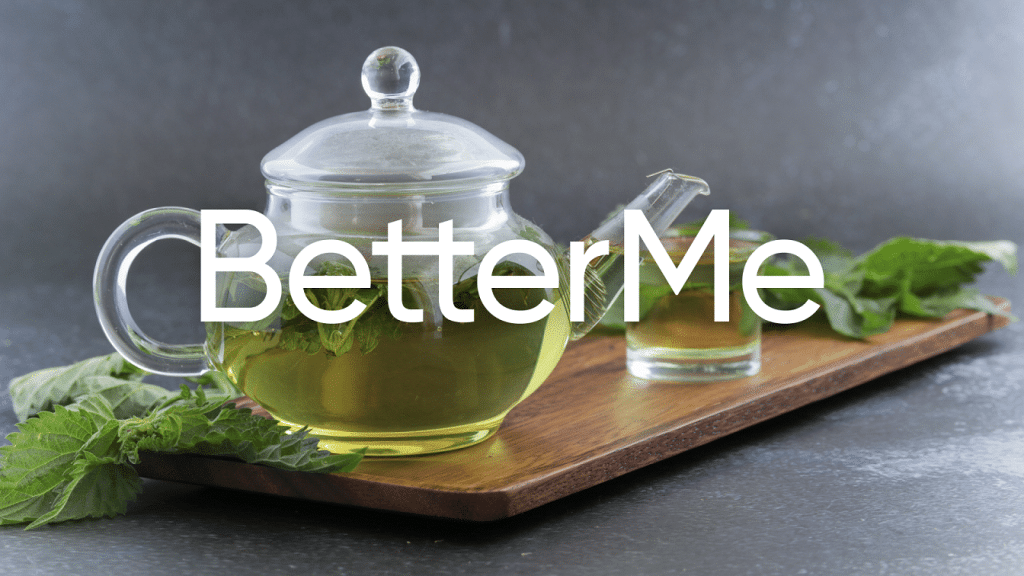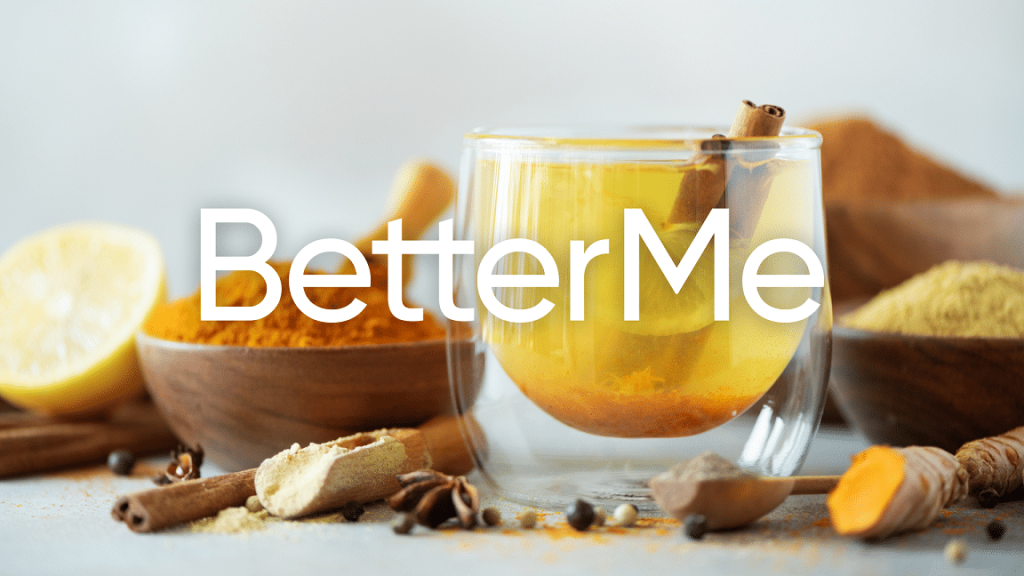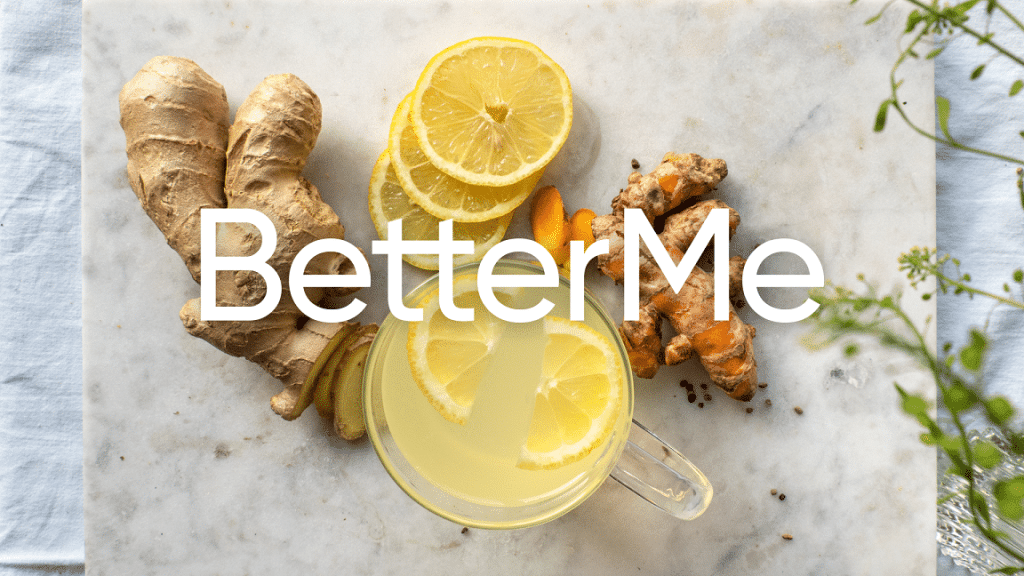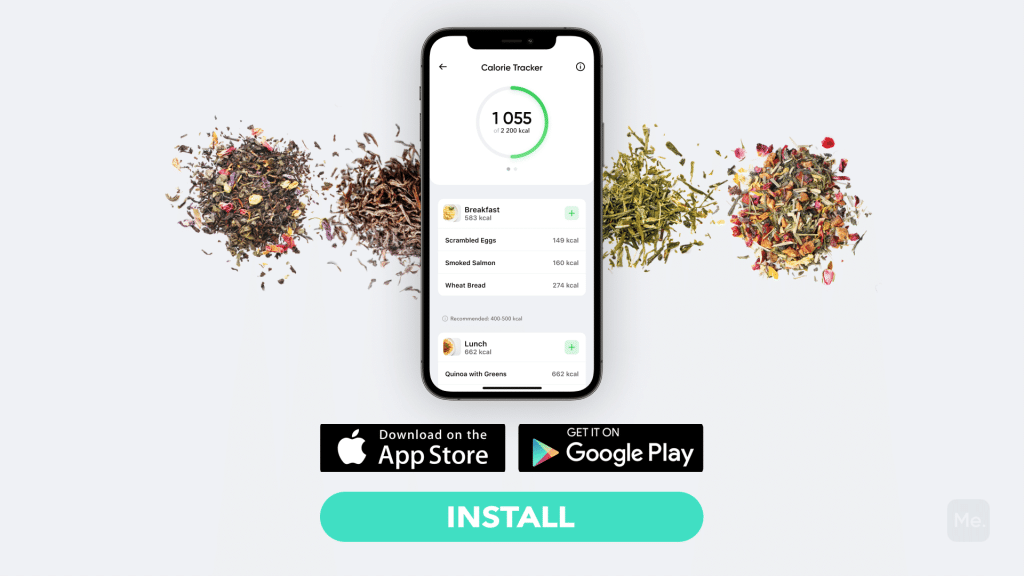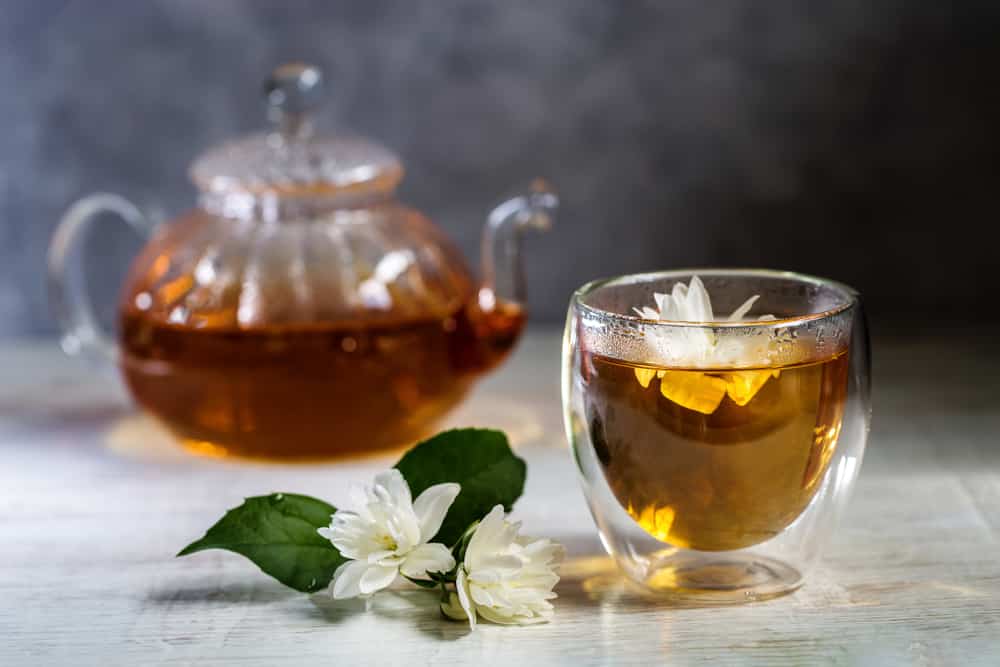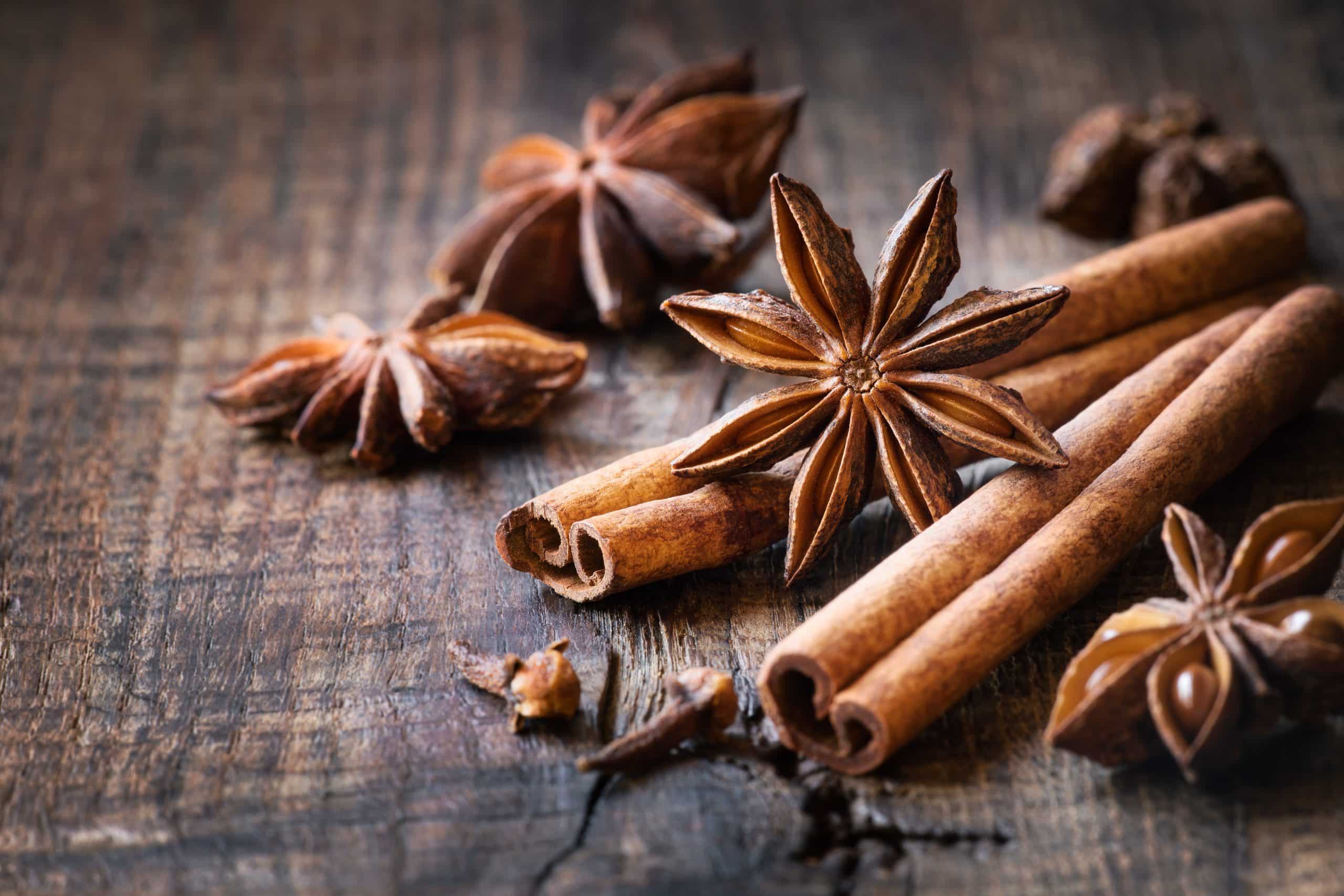Herbal teas— sometimes called tisanes, hot beverages made from infusions of herbs, fruits, and spices in hot water— are as close as many people come to a “natural” health product.
Get your personalized
meal plan!
Herbal products are often marketed as natural alternatives to pharmaceuticals. They’re perceived as safe for everyone including children and the elderly.
With this image of safety and simplicity, it’s not surprising that herbal tea is one of the most popular food supplements on the market today. Many American adults drink herbal tea regularly. But do all those little jars with their aromatic labels offer real benefits?
Herbal tea nutrition facts vary depending on the ingredients, but they share some common potential health benefits. That being said, they actually aren’t safe for everyone and you should always talk to your doctor before trying any herbal teas or supplements, especially if you are being treated for any conditions, are on medication, or are pregnant or breastfeeding.
If it is the first time that you are trying it, you will discover that many of them have a pleasant taste too. So without further ado, here are nine reasons why these infusions are worth trying.
Herbal Tea Health Benefits
Immune-Boosting Properties
Although the names of herbal teas sound mysterious and exotic, most of them are made from surprisingly simple ingredients you can find in your local supermarket.
Many of these formulations have been used for decades as a natural remedy. The herbal infusions used to make this beverage are steeped or infused in hot water, which extracts their purported immune-boosting properties.
Some herbal teas that are popular for helping our bodies fight off disease are:
-
Licorice Root
The active ingredient in licorice is called glycyrrhizic acid, which has antimicrobial benefits and can soothe an upset stomach (2). Recent research suggests it may even be useful against postoperative cough and sore throat after intubation (23).
Read More: White Peony Tea Facts, Health Benefits And Side Effects
-
Echinacea
This tea is made from echinacea, a flower with possible immune-boosting and anti-inflammatory properties. Some studies suggest that this herb may increase your resistance to the common cold virus, although overall scientific evidence is not strong (8).
-
Elderberry
For centuries, the Chinese have used this shrub to treat coughs and respiratory infections. It might work by thinning mucus, which allows you to expel bacteria more quickly. Preliminary research suggests that elderberry extract may even help reduce cold duration and severity in air travelers (9).
-
Ginseng
Another famous immunity-boosting tea, ginseng, has been used in Chinese medicine for centuries. Some modern research suggests that it may help your immune system fight the flu. It may also have some anti-cancer properties, but more research is needed to be sure (4).
-
Dandelion Tea
Dandelion tea is made from the leaves or roots of this common weed. You can often find it growing in your backyard! The tea provides a mild diuretic effect and may have some benefit for type 2 diabetes by influencing glucose metabolism and related processes (24).
-
Peppermint
The herb peppermint has long been used to alleviate nausea or morning sickness during pregnancy, but its benefits don’t stop there! Researchers have found that topical administration of peppermint oil and cinnamon was helpful for wound healing and preventing infection (18).
Dropping pounds by the dozens without putting yourself through the wringer is everyone’s weight loss pipe dream. But what if we told you that the BetterMe app can make that happen? Keep yourself in prime shape with our fat-blasting workouts, delicious budget-sparing recipes, and body-transforming challenges with our app!
Improved Digestion
Digestion is a complicated process that needs to be working well for you to enjoy good health. The breakdown of the foods into absorbable nutrients is vital for you to maintain your energy levels throughout the day and ensure that your body gets all the nutrients it requires.
Some herbal teas are believed to help in improving digestion by introducing essential chemicals that enhance the digestive process to ensure that you get back on track.
Some of the best herbal teas for this function include:
-
Hibiscus Tea
Hibiscus tea could be the herbal equivalent of an antacid. Hibiscus tea has been shown to buffer the effects of stomach acid, which is helpful for those with ulcers or acid reflux. This means your body is better able to maintain its levels of stomach acid (which helps digest food) without causing heartburn (17).
-
Ginger Tea
Ginger tea may be helpful for digestion because it has been shown to reduce nausea and vomiting, especially in pregnancy. It may also reduce inflammation associated with many gastrointestinal disorders, which might make it an effective treatment option for diarrhea and other digestive conditions (12).
-
Peppermint Tea
Peppermint has been used traditionally for help with digestive issues such as nausea, bloating, and gas. While there haven’t been any studies done on the effects of the leaves or tea, peppermint oil has been shown to help improve the symptoms of IBS (19).
-
Chamomile Tea
Chamomile tea is commonly used for soothing muscle spasms of the digestive tract, which suggests it may be a helpful option for colitis and other bowel disorders (5).
-
Fennel Tea
Fennel tea is ideal for digestion because of its antispasmodic properties. These properties allow it to relax and soothe your intestinal muscles to prevent spasms that can lead to discomfort or bloating after eating. Fennel tea may also relieve gas when consumed regularly over time.
Improved Brain Function
Herbal teas are popularly reputed to be of benefit for brain function (e.g., anti-anxiety, memory enhancement). The common assumption is that the herbs contained within these beverages exert some kind of biological effect on the physiology of neurotransmission in the brain.
Some of the herbal teas believed to improve brain function include:
-
Ginkgo Biloba Tea
Ginkgo Biloba is the “king” of herbal teas, with many important benefits for brain function. It’s commonly used to alleviate symptoms associated with neurodegenerative diseases such as Alzheimer’s disease and it also is believed to have memory-enhancing effects. It contains powerful antioxidants which protect brain cells from free radical damage (10).
Read More: Pomegranate White Tea Facts, Health Benefits And Side Effects
-
Rooibos Tea
A 2012 cross-sectional randomized clinical trial concluded that rooibos tea has anti-stress and mood improving effects in humans. The study also suggested antidepressant effects which are due to the high flavonoid content of Rooibos tea. It’s possible these benefits are mediated by an increase in brain alpha wave activity, which may improve cognitive function while decreasing depression. Another mechanism is that antioxidant-rich herbal teas like Rooibos protect against neurodegeneration by reducing free radical damage to cells via the Nrf2 pathway (21).
It’s possible this mechanism could explain the neuroprotective effects of herbal teas like Rooibos.
-
Ginger Root Tea
Both ginger and its active component gingerol have been implicated as cognitive enhancers. Scientists believe that the beneficial effects are likely due to antioxidant, anti-inflammatory, anti-stress, cognitive enhancement, neurogenesis (formation of new neurons), increased cerebral blood flow, inhibition of enzymes that degrade brain neurotransmitters.
Ease Pain And Soreness
A cup of herbal tea may be the most comforting way to end a long day. A hot drink can help you relax, de-stress and ease some pain, too. Some studies suggest that some herbs can reduce inflammation (20). And drinking beverages made of these helpful plants may be an effective way to manage certain types of chronic pain.
Here are some pain-relieving varieties that could give you some much-needed comfort.
-
Turmeric Tea
Curcumin, the substance that gives this spice its bright color, may help to reduce pain caused by osteoarthritis. Turmeric is often combined with black pepper in recipes because it’s believed that piperine—a compound found in black pepper—increases the bioavailability of curcumin (7).
-
Feverfew Tea
People who drink feverfew tea may experience reduced pain associated with migraine headaches (11).
-
Chamomile Tea
When consumed regularly, chamomile tea might help people with osteoarthritis-related knee pain. A study showed that chamomile extract eased patients’ knee pain and stiffness better than a placebo did. It’s unclear exactly how it works, but scientists think the anti-inflammatory properties of this herb play a role. Chamomile is also sometimes used to treat digestive disorders such as ulcers and stomach pain (5).
Detoxification
Some herbal teas are mild diuretics, meaning they encourage fluid loss through urination. This can assist the body with its natural process of removing toxins through the urine (14).
As a bonus for drinking these beverages regularly, they will likely reduce the amount of water weight gain you experience due to water retention caused by consuming salt and other types of sodium. Be sure not to overdo it, because this can lead to dehydration.
Want to build an attention-grabbing bubble butt, blast away fat that’s stored in all the wrong places, spring-clean your diet, turn back the clock on your skin, skyrocket your self-confidence and shatter your insecurities? Check out the BetterMe app and set this plan in motion!
Bone Health
Drinking herbal teas, such as those made from horsetail or nettle, is said to help strengthen your bones and keep them healthy. This is because many of these herbs contain high amounts of minerals that are essential for promoting healthy bone development and maintenance (14).
Drinking tea made from these ingredients regularly will ensure that you get enough calcium, magnesium, potassium, phosphorus, silicon, manganese, copper, zinc, iron, and selenium in your diet each day. Flavonoids found in green tea have also been shown to fight the progression of osteoporosis (13).
Reduced Blood Pressure
Some studies suggest that drinking certain types of herbal tea over a long enough period can help to reduce high blood pressure in some people (14). Such include lemon balm tea, guarana, and valerian root.
In general, though, drinking tea does not have a massive effect on your BP levels when compared to other lifestyle changes you could make. If you want to achieve or maintain healthy blood pressure levels, reducing sodium intake, exercise, and losing weight if you are overweight can make the most difference.
Improved Heart Health
Herbal teas made from ingredients such as fennel seed, cinnamon bark, and chamomile flowers may be beneficial for your health because they contain various nutrients and phytochemicals that might improve heart health by increasing circulation and helping your body break down fats more efficiently (14).
Cancer Prevention
Some people believe that drinking certain kinds of herbal tea, such as chamomile flower tea, can help reduce your risk of developing various types of cancer (14).
This is because these beverages often contain flavonoids and antioxidants, two types of compounds that have been shown to reduce inflammation in the body and lower cholesterol levels (14).
In addition, many varieties of herbal tea are rich in catechins, another type of antioxidant that can help fight oxidative damage that may lead to cancer.
Too Much Herbal Tea Side Effects
There are several herbal tea side effects worth noting before you make these beverages a part of your diet. You should always talk to your doctor before trying any herbal teas or supplements, especially if you are being treated for any conditions, are on any medications, or are pregnant or breastfeeding. Some potential adverse effects include:
Liver Damage
Liver damage, as well as other major organ system damage, can occur with drinking excessive amounts of certain herbal teas (16). The most common of these teas known to cause liver damage include comfrey root and comfrey leaf, chaparral (found in many products formulated for weight loss), germander (comparable to “complementary therapy” or “homeopathic therapy”), and kava. Each of these is commonly used in herbal tea blends and may cause permanent damage to the liver with only a few uses.
Abnormal Heart Rhythms
Certain herbs that belong to the Valerian family (which includes valerian root, lemon balm, etc.) have been shown to change heart rhythms when taken orally or applied topically (6). These should not be included in an herbal tea blend.
Kidney Problems
Renal disorders of various types, including glomerulonephritis, have been associated with consuming herbal tea regularly. These changes can occur in people who take these beverages for extended periods and may result in the need for kidney dialysis or transplantation (1). In addition to different types of renal disease, there is also some evidence that suggests drinking tea with certain herbs may increase your chances of developing bladder cancer (22).
Harmful Interactions With Prescription Medications
Several herbs have been shown to interact with prescription medications in a harmful way. When making your herbal tea blends, you should always check to see if any ingredients in your mix could cause a reaction when taken with the prescription medications you take. More often than not, this type of reaction is mild and has little effect on your overall health, but it’s important to understand that interaction could occur.
Symptoms of a bad reaction include nausea, vomiting, stomach pain, diarrhea, fatigue, agitation, difficulty breathing or shortness of breath, mental confusion or delirium, seizures, coma, and rash (15).
The Bottom Line
While herbal teas conjure up images of weight loss, relaxation, and even protection against cancer and other deadly diseases, they can also cause a variety of health problems. Because these beverages are relatively unregulated, it’s critical to understand the risks involved with consuming some ingredients before adding them to your regular diet. Always talk to your doctor before trying any herbal teas or supplements.
DISCLAIMER:
This article is intended for general informational purposes only and does not address individual circumstances. It is not a substitute for professional advice or help and should not be relied on to make decisions of any kind. Any action you take upon the information presented in this article is strictly at your own risk and responsibility!
SOURCES:
- A brief study of toxic effects of some medicinal herbs on kidney (2012, nih.gov)
- An Extract of Glycerr Garbla (GutGuard) Alleviates Symptoms of FUnctional Dyspepsia: A Randomized, Double-Blind, Placebo-Controlled Study (2011, nih.gov)
- Are There Health Benefits to Drinking Fennel Tea? (n.d., webmd.com)
- Biological Activities of Ginseng and Its Application to Human Health (2011, nih.gov)
- Chamomile: A herbal medicine of the past with a bright future (2011, nih.gov)
- Chemical Components and Cardiovascular Activities of Valeriana spp (2015, nih.com)
- Curcumin: A Review of Its’ Effects on Human Health (2017, nih.gov)
- Echinacea for preventing and treating the common cold (2014, nih.gov)
- Elderberry Supplementation Reduces Cold Duration and Symptoms in Air-Travellers: A Randomized, Double-B;ind Placebo-Controlled Clinical Trial (2016, nih.gov)
- Examining Brain-Cognition Effects of Ginkgo Biloba Extract: Brain Activation in The Left Temporal and Left Prefrontal Cortex in an Object Working Memory Task (2011, nih.gov)
- Feverfew (Tanacetum parthenium L.): A Systematic Review (2011, nih.gov)
- Ginger on Human Health: A Systematic Review of 109 Randomized Controlled Trials (2020, nih.gov)
- Green Tea and Bone Metabolism (2010, nih.gov)
- Health benefits of herbs and spices: the past, the present and the future (2006, wiley.com)
- Herbal Remedies: Adverse Effects and and Drugs Interactions (1999, aafp.org)
- Liver Injury from herbal and Dietary Supplements (2016, nih.gov)
- Multi-targeted molecular effects of Hibiscus sabdariffa Polyphenols: An Opportunity to a Global Approach In Obesity (2017, nih.gov)
- Peppermint oil and cinnamon could help treat and heal chronic wounds (2015, acs.org)
- Peppermint Tea: Is It Good For You (n.d., webmd.gov)
- Review of Anti-Inflammatory Herbal Medicines (2016, nih.gov)
- Rooibos Tea and Health: A Systematic Review of The Evidence from The Last Two Decades (2020, sciforsschenonline.org)
- Tea Consumption and a Risk of Bladder Cancer: A Dose Response meta-analysis (2017, nih.gov)
- The efficacy of different doses of liquorice gargling for attenuating postoperative sore throat and cough after tracheal intubation (2011, lww.com)
- The Physiological Effects of Dandelion (Taraxam officinale) in Type 2 Diabetes (2016, nih.gov)

